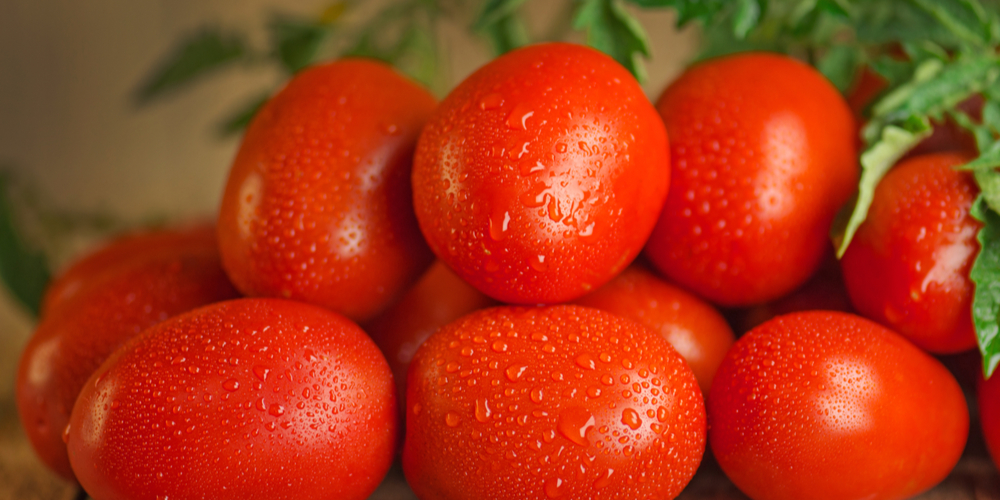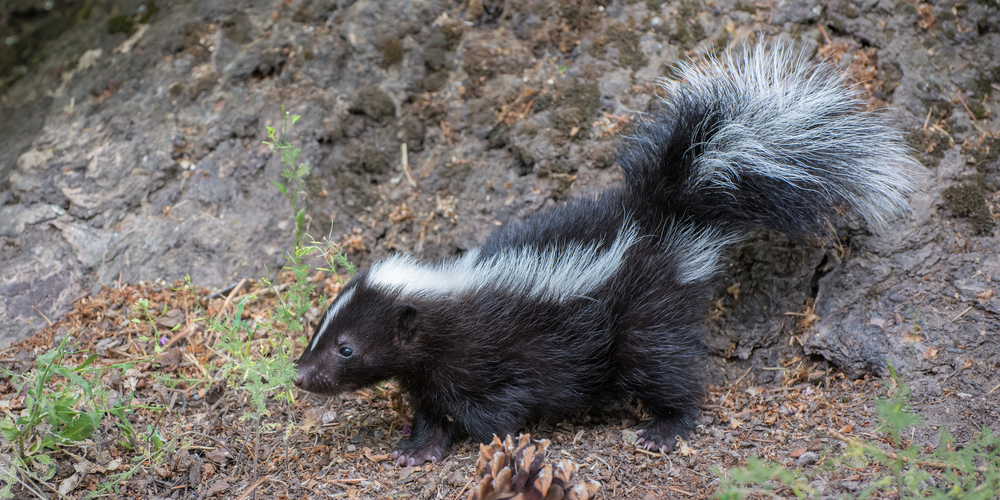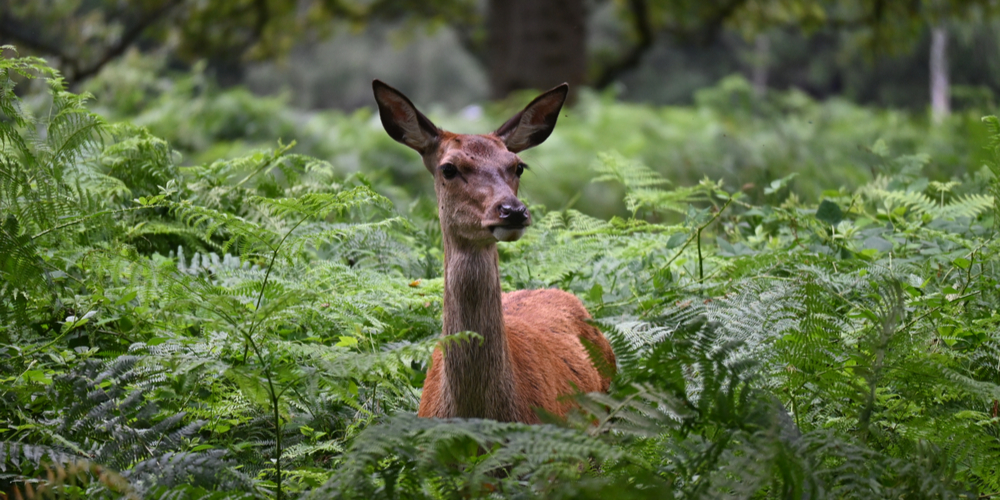Growing a vegetable garden is an exciting activity: imagine being able to harvest the fruits of your efforts. With adequate care, having veggies in your yard can be satisfying. Of course, you’ll need to learn every plant’s needs and requirements and ensure you can recreate the optimal conditions for their growth. But, sometimes, even that isn’t enough.

In this “What Ate My Tomatoes” essential guide, you’ll learn everything you must know to recognize what animals might be damaging your tomato plants and what you can do to stop them.
What Ate My Tomatoes?
Just as growing a vegetable garden is exciting, seeing all of the efforts dissolving because a pest decided to eat your veggies can be extremely frustrating. And among all the vegetables, tomatoes seem to be a valued prize among most insects and other animals.
To prevent attacks from pests, you must know how to recognize them. Deer, birds, and small mammals like raccoons and squirrels love to eat tomatoes and won’t hesitate to destroy your plants. If you live next to a forest, you might have to protect your plants by taking appropriate measures.
Insects
Insects commonly eat tomatoes. They are the primary cause of damage to your plants. Keep an eye out for hornworms, beetles, and stink bugs: if you don’t control them, they will destroy your plants in little time.
These insects like to eat tomato plants’ leaves and might cause superficial damage. But they can also get inside the fruit and ruin your harvests by eating their way through all the tomatoes they find. Under such circumstances, you’ll have to take action.
If your tomato plants look unhealthy, check on their leaves: insects usually gather underneath or around the stems. If the attack is not an infestation, you can hand-pick the bugs and drop them in a bucket of soapy water to eliminate them. However, if the situation gets out of your hands, you’ll have to purchase a suitable fertilizer.
Don’t forget to prune your plants to allow adequate airflow, and consider rotating your gardens to prevent your tomatoes from growing in the same space.
Raccoons and Skunks
Raccoons are omnivore animals, meaning they will eat anything that gets in their way. They won’t think twice about eating your tomatoes (and munching on their plants).
These nocturnal animals pick tomatoes off the vine and take little bites before tossing them on the ground. If you know something about raccoons, you are probably familiar with how messy they can get. You can’t do much if you suffer from attacks from raccoons. You can try adding physical barriers (like fences or protections to your plants) or trapping them and relocating them far from your property.
Skunks are small mammals that might cause severe damage to your garden if you don’t know how to stop them. If you notice tomatoes on the ground with bites around them, you can blame these animals. While skunks can climb, they will prefer not to if they can. So, they will take tomatoes closer to the ground. These animals prefer eating insects and might destroy your tomato plants as they get in their way.
Related Article: How to Stop Skunks The Ultimate Guide
Deer
If you live next to a forest, getting visits from deer in your garden might not be a rare sight. These animals tend to venture into gardens when alternative food sources are scarce. They will devour your tomato plants and might even eat their vines. Deer will attack your plants from the top. If you notice large bites with little to no damage close to the ground, you should know it was deer.
You can take preventive actions to limit the issue. Consider enclosing your garden with a tall and solid structure to keep deer at bay. Alternatively, construct a plastic mesh cage around your tomato plant: it will make it more challenging for them to eat your precious fruits.
Rats
Rats can also eat your tomato plants. You’ll notice a rat has been around when you see excrements all around the side of solid structures (along which they walk). These animals are most active at night and might even jump to get to your tomatoes. If you know you have a problem with these rodents, you’ll have to use deterrents to protect your tomato plants (and not only them).

